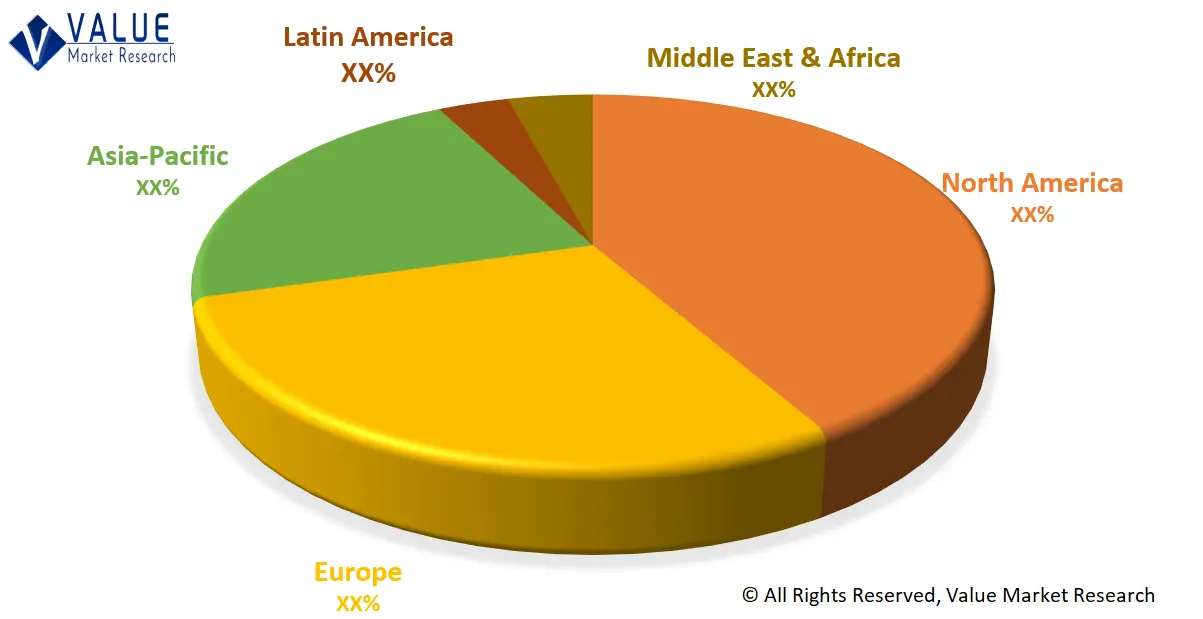The global demand for Smart Water Metering Market is presumed to reach the market size of nearly USD 15.19 BN by 2028 from USD 3.87 BN in 2021 with a CAGR of 21.6% under the study period 2022 - 2028.
Smart water metering is a type of water metering system that uses advanced technology to measure and monitor water usage. These systems typically use wireless technology to transmit data from the meter to a central monitoring system, allowing for real-time monitoring and analysis of water usage. Smart water metering systems also offer several benefits for utilities and consumers. This system can also help consumers to reduce costs by identifying leaks and other issues more quickly. The smart metering system can also detect any potential errors in water usage, which can help in preventing fraud.
Market Dynamics
The growing adoption of smart cities and the need for more efficient and sustainable water management are driving the growth of the smart water metering market. The market for smart water metering is expected to scale up due to the need for accurate water billing solutions. Moreover, the need to optimize water consumption through smart water metering is also expected to drive market growth. Furthermore, the increasing adoption of smart homes is driving the growth of the smart water metering market, as these systems allow homeowners to monitor and control water usage in real time. However, a lack of government support may limit market growth.
The research report covers Porter's Five Forces Model, Market Attractiveness Analysis, and Value Chain analysis. These tools help to get a clear picture of the industry's structure and evaluate the competition attractiveness at a global level. Additionally, these tools also give an inclusive assessment of each segment in the global market of smart water metering. The growth and trends of smart water metering industry provide a holistic approach to this study.
Market Segmentation
This section of the smart water metering market report provides detailed data on the segments at country and regional level, thereby assisting the strategist in identifying the target demographics for the respective product or services with the upcoming opportunities.
By Meter Type
- Electromagnetic Meter
- Ultrasonic Meter
- Mechanical Meter
By Technology
- Automatic Meter Reading
- Advanced Meter Infrastructure
By Component
- Meter & Accessories
- IT Solutions
- Communications
By Applications
- Residential
- Commercial
- Industries
Regional Analysis
This section covers the regional outlook, which accentuates current and future demand for the Smart Water Metering market across North America, Europe, Asia-Pacific, Latin America, and Middle East & Africa. Further, the report focuses on demand, estimation, and forecast for individual application segments across all the prominent regions.
Global Smart Water Metering Market Share by Region (Representative Graph)

The research report also covers the comprehensive profiles of the key players in the market and an in-depth view of the competitive landscape worldwide. The major players in the smart water metering market include Aclara Technologies LLC (Hubbell Incorporated), Badger Meter Inc., Honeywell International Inc., Itron Inc., Kamstrup A/S., LANDIS+GYR, Mueller Water Product Inc, Neptune Technology Group Inc., Siemens ag, Sensus (XYLEM). This section consists of a holistic view of the competitive landscape that includes various strategic developments such as key mergers & acquisitions, future capacities, partnerships, financial overviews, collaborations, new product developments, new product launches, and other developments.
In case you have any custom requirements, do write to us. Our research team can offer a customized report as per your need.

